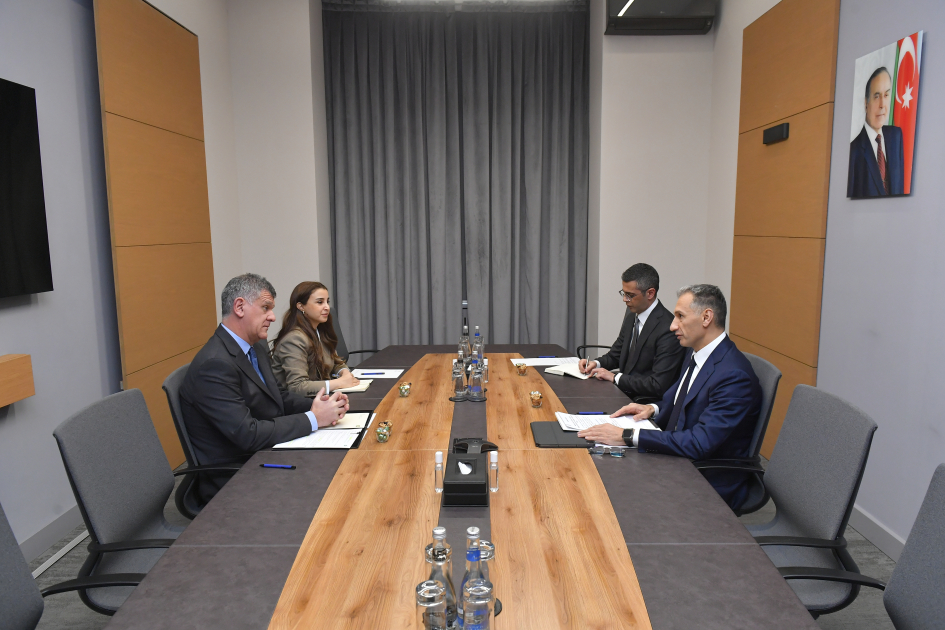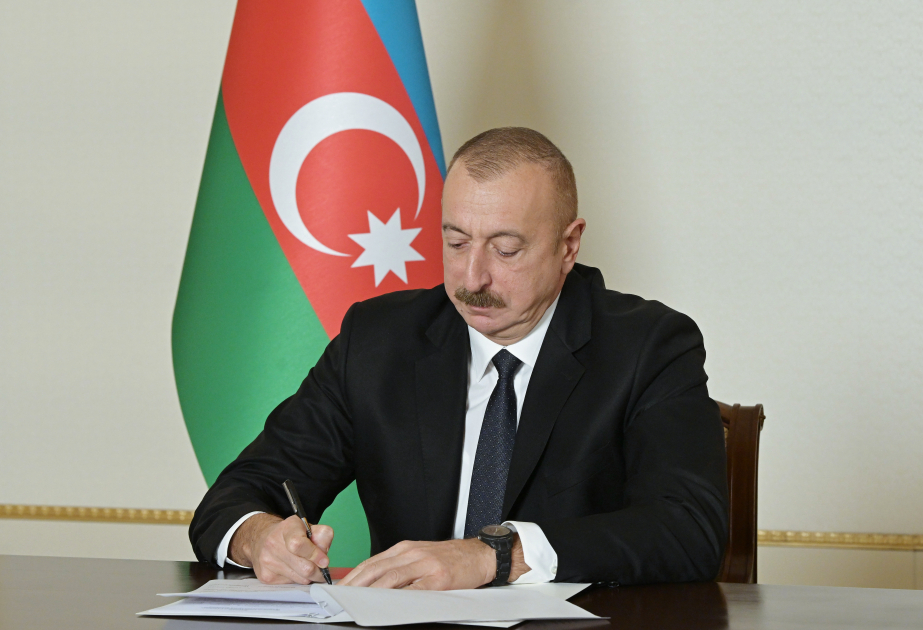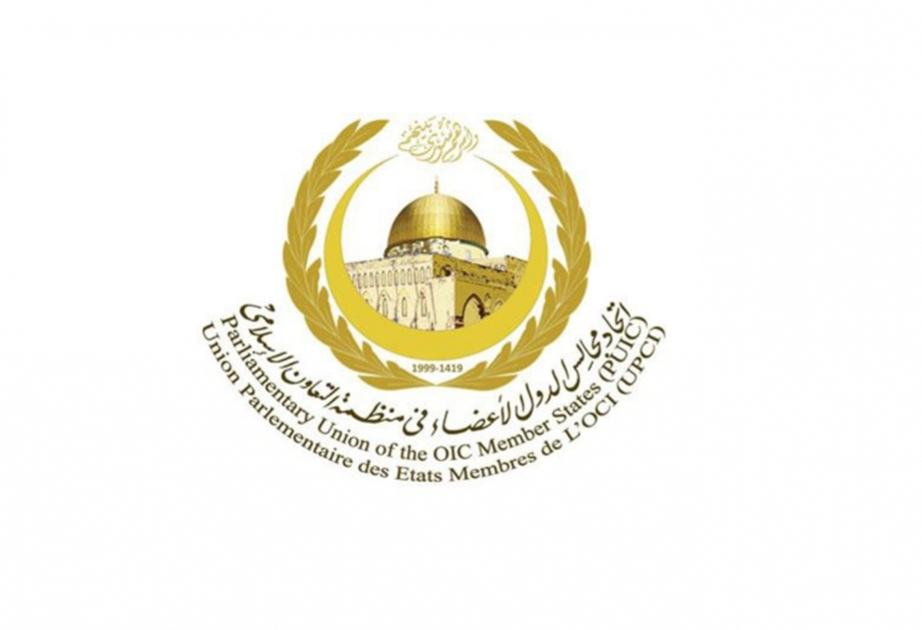Mukhtar Babayev, Representative of the President of Azerbaijan on Climate Issues, addressed a high-level panel titled "From COP29 to COP30" held as part of the 9th OPEC International Seminar in Vienna.
Mukhtar Babayev emphasized the current complex geopolitical situation, stressing the importance of promoting multilateral cooperation and international agreements in the face of wars, energy crises, elections in different countries, and unpredictable changes in energy markets. He described the OPEC Seminar as a key example of how countries, including those in OPEC, OPEC+, and other non-OPEC nations, come together to discuss and shape the future of the energy market.
Shedding light on vital outcomes achieved at COP29, Mukhtar Babayev emphasized that as a follow-up to the previous conferences held in Glasgow, Sharm el-Sheikh and Dubai, a crucial agreement has been reached in Baku. Thus, developed countries pledged to allocate $300 billion per year for climate finance in developing countries. This amount triples the previous pledge of $100 billion annually.
The regulation of carbon market is another crucial outcome. The approval of rules and registration procedures under Article 6 of the Paris Agreement has enabled the private sector – especially in developing countries – to participate in this market.
Mukhtar Babayev stated that the current estimated capacity of the market is $250 billion, with a projected increase to $1 trillion by 2050. According to him, the main source of investment in this area will be the private sector.
He also emphasized that implementing transparent mechanisms is essential for the carbon market to function effectively. Countries should demonstrably showcase the implementation of these projects to attract additional investment.
Mukhtar Babayev also highlighted that many energy companies globally have committed to decarbonization and net-zero targets. Most of them are implementing green energy policies. He emphasized that two out of every three investment dollars worldwide are now directed to alternative energy. This trend shows that countries and companies are increasingly turning toward green energy, and the process is expected to intensify in the coming years.
In conclusion, Babayev noted that Egypt, the UAE, Azerbaijan, and soon Brazil — countries that have hosted or will host COP summits — share the common feature of being major oil and gas producers. He underlined that however, this does not prevent them from being committed to the energy transition. On the contrary, these countries are leading the energy transition in their regions, implementing renewable energy zones, and energy corridors. Mukhtar Babayev said that Brazil also has great potential in this regard and can contribute to an inclusive energy transition.
Ayten Abbasli, Elgun Niftali
Special correspondents




















